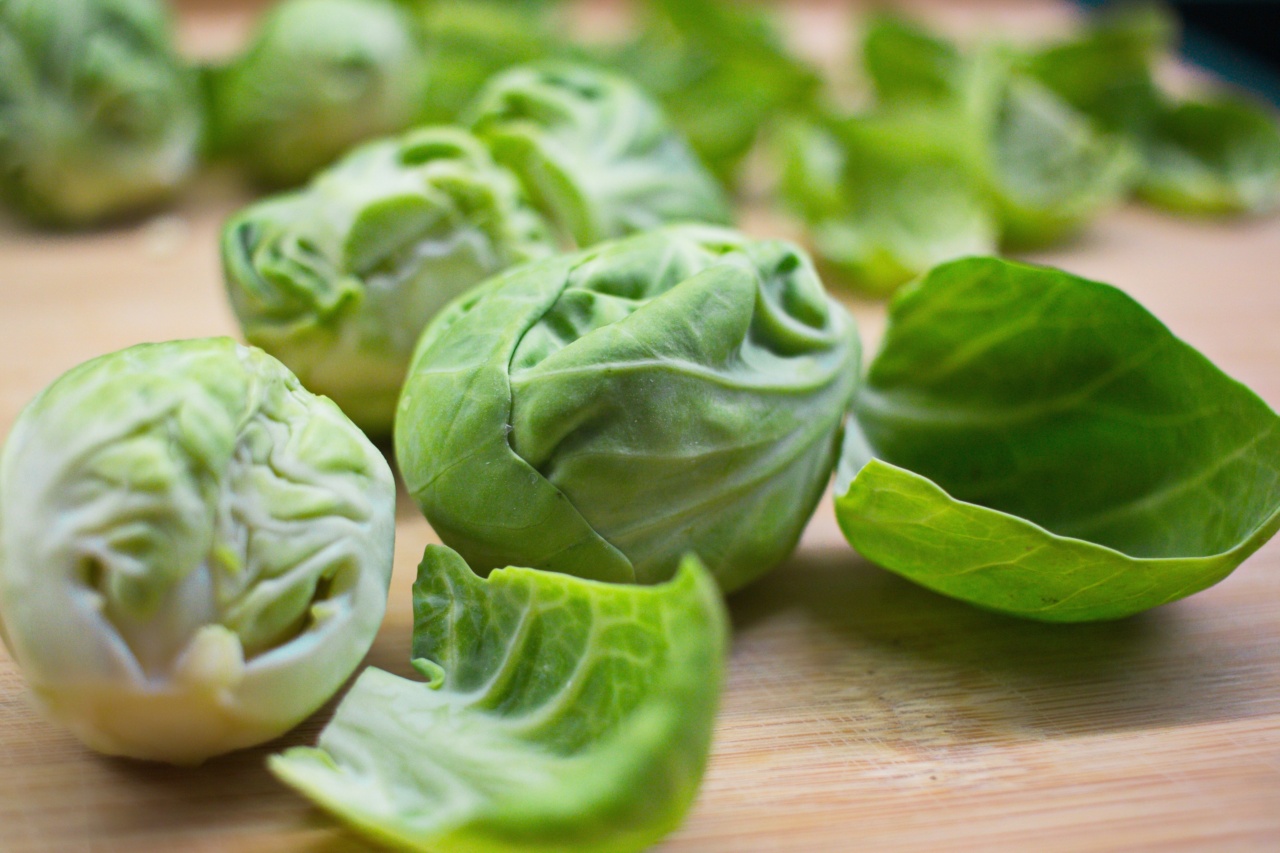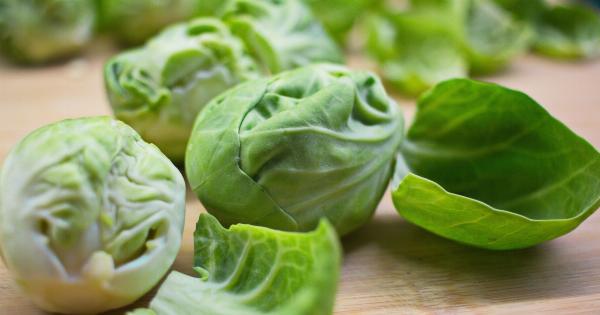When it comes to enhancing fertility, many couples are willing to try a variety of methods and make significant lifestyle changes. One often overlooked factor in fertility is diet.
The food we consume plays a crucial role in our overall health, including reproductive health. In this article, we delve into the benefits of Brussels sprouts for fertility and why you should consider adding them to your diet.
Understanding Fertility
Fertility refers to the ability to conceive and reproduce. Both men and women can face fertility challenges due to various reasons such as hormonal imbalances, underlying health conditions, or lifestyle factors.
While medical interventions, such as fertility treatments and medications, can be helpful, nutrition also plays a vital role in optimizing fertility.
The Nutritional Powerhouse of Brussels Sprouts
Brussels sprouts are a member of the cruciferous vegetable family, which also includes broccoli, cauliflower, and kale. These vegetables are known for their high nutrient content and numerous health benefits.
Brussels sprouts, in particular, are rich in vitamins, minerals, and antioxidants that are essential for reproductive health.
Folate: A Key Nutrient for Fertility
Folate, also known as vitamin B9, is a nutrient that plays a critical role in fertility for both men and women.
It is particularly important for women who are trying to conceive as it helps with the development of the baby’s neural tube, which eventually forms the brain and spinal cord.
Antioxidants for Reproductive Health
Antioxidants are compounds that protect our cells from damage caused by harmful molecules called free radicals. These free radicals can negatively impact fertility by damaging sperm and eggs.
Brussels sprouts are packed with antioxidants, such as vitamin C and beta-carotene, that help reduce oxidative stress and promote reproductive health.
Crucial Vitamins and Minerals
In addition to folate and antioxidants, Brussels sprouts are a great source of other vitamins and minerals that support fertility.
These include vitamin K, which aids in blood clotting and bone health, and vitamin A, which is essential for reproductive hormone production.
Fiber for Hormonal Balance
Adequate fiber intake is crucial for maintaining hormonal balance, which is essential for fertility. Brussels sprouts are an excellent source of dietary fiber, which aids in digestion and helps regulate blood sugar levels.
By consuming fiber-rich foods like Brussels sprouts, you can promote a healthy hormonal environment for conception.
Reducing Inflammation and Improving Egg Quality
Inflammation in the body can negatively affect fertility by impacting egg quality and hormone levels.
Brussels sprouts contain anti-inflammatory compounds, such as glucosinolates and sulforaphane, which help reduce inflammation and improve overall reproductive health. These compounds also support detoxification, allowing the body to eliminate harmful toxins that may hinder fertility.
Balancing Hormones with Brussels Sprouts
Brussels sprouts contain substances called indole-3-carbinol and diindolylmethane (DIM), which are known to support hormone balance.
These compounds help the body metabolize estrogen and promote a healthy estrogen balance, which is crucial for both female and male fertility.
Enhancing Male Fertility
While Brussels sprouts offer numerous benefits for female fertility, they are also advantageous for male reproductive health. The antioxidants present in Brussels sprouts, such as vitamin C, may help improve sperm quality and protect against DNA damage.
Additionally, the high folate content in these vegetables supports healthy sperm production.
How to Incorporate Brussels Sprouts into Your Diet
If you’re convinced of the fertility-boosting benefits of Brussels sprouts, here are some ideas for incorporating them into your diet:.
- Roasted Brussels sprouts: Toss them with olive oil, salt, and pepper, then roast them in the oven until crispy.
- Brussels sprouts stir-fry: Sauté them with your favorite vegetables and proteins for a nutritious and fertility-friendly meal.
- Steamed Brussels sprouts: Steam them until tender and enjoy them as a side dish.
- Shredded Brussels sprouts salad: Finely shred Brussels sprouts and combine them with other greens, nuts, and fruits for a refreshing salad.
- Brussels sprouts smoothie: Add a handful of raw Brussels sprouts to your favorite smoothie recipe for an added nutritional boost.
Conclusion
Brussels sprouts are more than just a polarizing vegetable; they are a nutritional powerhouse with numerous benefits for fertility.
From their high folate content to their antioxidant properties, Brussels sprouts offer a range of advantages for both male and female reproductive health. By incorporating these delicious cruciferous vegetables into your diet, you can support your fertility journey and optimize your chances of conceiving.






























